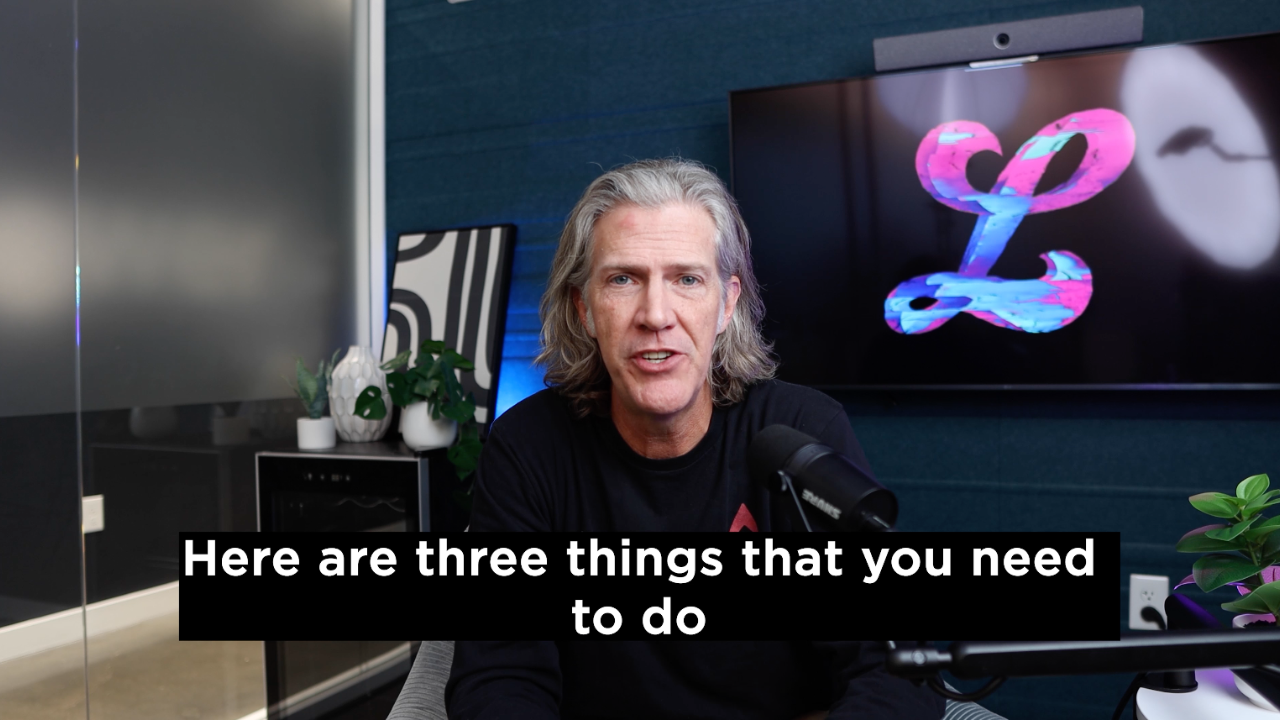Are you looking to start your home search soon? Want to make sure you’re competitive once you enter the market? These 13 tips can help.
1. Prep your finances.
Before you start your home search, you’ll need to do a little financial housekeeping. For one, this can help you set your home budget and ensure your search is as efficient and effective as possible. On top of this, it can also give you a better chance at securing financing—something that can help your case, too.
If you’re not sure how much you need to save for your down payment, talk to a loan expert to get an idea of what loans you might be eligible for and what you’ll need to have saved up to qualify for them.
2. Have a preapproved mortgage offer in hand.
Many buyers think the mortgage comes after you’ve found the house, but if the market’s competitive (and even when it’s not), you really need a mortgage preapproval before you start searching for a property. This just means providing a little basic information about your credit, income, and other financial details, and it usually only takes a few minutes. (If you’re ready to get started, just head here.)
Once you’re preapproved, you’ll get a letter detailing the amount you’ll likely qualify for and your expected interest rate. You’ll want to include this letter in any offers you make to show sellers that you’re a safe choice to bet on. (To the homeowner, it means you probably won’t back out of the deal due to financing problems).
In the event you find yourself up against other, non-preapproved buyers, it might just put you over the edge and help you win the home.
3. Set up all the listing alerts and notifications you can.
Homes are moving fast these days. According to Zillow, the average home is going under contract within just 15 days of hitting the market. That’s just about two weeks—a full eight days faster than this time last year. For buyers on the hunt for their dream homes, it means timing is everything.
If you want to make sure you spot that perfect property in time to make an offer and outbest the competition, then you need a good pulse on the market. That means setting up specific, detailed notifications on all the major listing sites (Zillow, Realtor.com, etc.) and enabling push alerts on any listing apps you have on your phone. This will ensure you’re notified immediately when a home that meets your specifications goes live.
4. Be ready to act fast.
Setting up those listing notifications is only the first step. Once you start seeing potential properties hit the market, you’ll need to act extremely fast if you don’t want to miss out. Have your agent’s number at the ready, and make arrangements to go tour the home that same day if at all possible.
If you like the home, start talking to your agent about making an offer right away. You might even consider seeing the home a second time later in the day (maybe at night to see how the neighborhood changes), to really confirm your interest in the property. The main takeaway here? Don’t dawdle.
5. Make a big earnest money deposit.
When you make a bid on a house, you’ll also offer what’s called an earnest money deposit to the seller. This is basically a sign of good faith that you intend to buy the house, and it usually comes out around 2% of the purchase price.
Here’s the catch, though: If the seller chooses your offer and you back out of the deal, they get to keep that deposit as a sort of recompense
For this reason, a big earnest money can really make a difference, as it compensates the seller for the risk they take in accepting your offer — especially if there are other great offers on the table, too.
If you really want to make an impact, consider upping your earnest money to 5% or more of the price. Just make sure you talk to your real estate agent about the risk this move might come with.
6. Get a good (and responsive) agent.
If you need to act fast, so does your agent. Your real estate agent should be responsive, quick on the draw, and ready to put together an offer or schedule a tour at a moment’s notice. Because of this, it’s important you choose an agent who’s not too bogged down with other clients or listings. They need availability, a flexible schedule, and a good pulse on the local market.
To be sure you’re getting the best possible representation, always be sure to interview at least a few agents before determining who to go with. Remember, they’ll be getting a pretty hefty commission out of the deal, so make sure they’re willing to put in the work.
7. Offer extra or include an escalation clause.
Offering a seller more money will always help your case. That might mean making a bid higher than the home’s listing price, or it could mean just including an escalation clause in your offer. An escalation clause allows your offer to automatically increase incrementally—up to whatever maximum you set—in the event another buyer outbids you. It’s a good way to offer more, but not so much more than you bust your budget.
8. Be flexible about your closing date and terms.
You never know what a seller’s circumstances are. They might still need to find a new home of their own, or they might be hoping to let their children finish out the school year in the property.
If you have some flexibility on when you can move or close on the home, then extend it to the seller, too.
Tell your agent to let them know you’re flexible on your closing date or that you can offer them a leaseback. This essentially lets them “rent” the property back from you (after closing) for a certain amount of time while they look for a new property. According to Redfin, about one in 10 agents report using a leaseback to help their clients win a home.
9. Don’t go crazy with the contingencies.
Contingencies are designed to protect you as a buyer. They let you get a home inspection, secure financing, or even sell your previous house before committing to the new property, and they can be a smart move in many situations. But in a hot market, they might actually hurt you. In fact, the more contingencies you add to your offer, the riskier it—and less attractive—it likely is to a seller.
Make sure you talk to your agent about contingencies before putting in an offer. They can advise you on which ones you should and shouldn’t include given local market conditions.
10. Consider a larger down payment.
While the seller doesn’t get your down payment directly, putting more down does help your chances at getting a mortgage loan—and that makes your offer more attractive automatically. Another bonus? It also shows that you’re financially responsible and capable, and that can give sellers more confidence in your bid, too.
11. Get personal.
If you love a property, let the sellers know.
Write a letter detailing why you like the home, what it would mean to your family, and the reasons you want to buy it, and include it with your offer. Often, offer letters can help personalize the process and put one buyer ahead of the other. If you’re not quite sure what to write, be sure to consult your agent. They’ve probably helped other clients write offer letters and can help point you in the right direction.
12. Forget asking for extras.
If there are no other competing buyers, you might be able to ask for things like appliances, a home warranty, or certain items you like in the home. But when the market’s hot? You’ll probably want to steer clear of being too greedy. Chances are there are other buyers who aren’t asking for extras, so if you do—you might be counted out immediately.
13. Think about buying a fixer-upper.
You might be able to steer clear of competition altogether if you opt for a fixer-upper or as-is property. These homes will need more work, but they’ll likely come with a lower price point and be easier to snag without a fight. You can also look for FSBOs—or for sale by owner homes. These are properties that are listed directly by the owners, not a real estate agent, and they may come with less competition as well.
Are you ready to compete?
The bottom line is simple: Today’s market is competitive—and if you want to not only find that dream home, but secure it, you’ll need to pull out all the stops to do it.
Fortunately, we’re here to help. Apply now to get pre-approved, and make sure you have what it takes to stand out from other buyers.

















.svg)

.svg)















